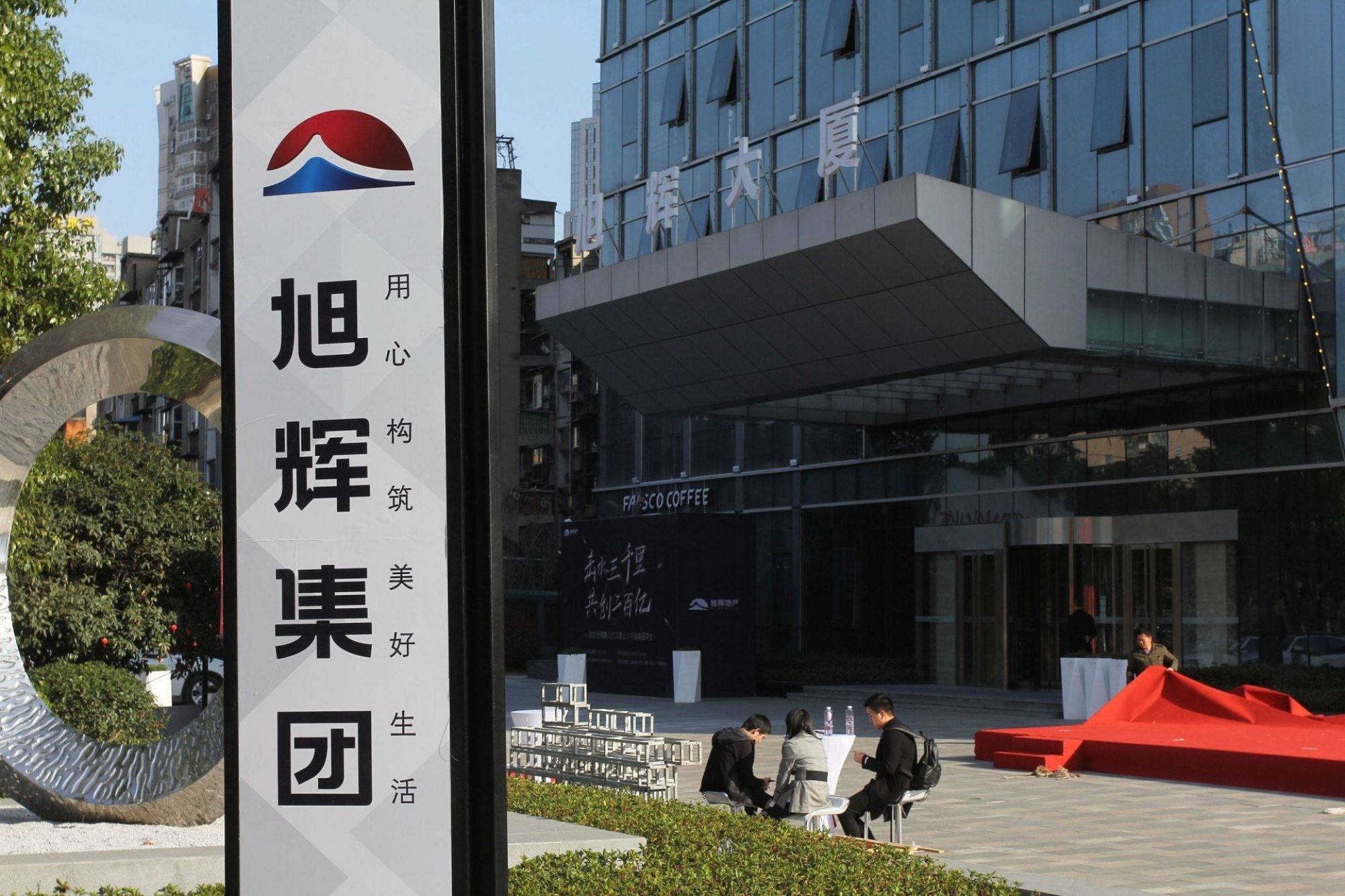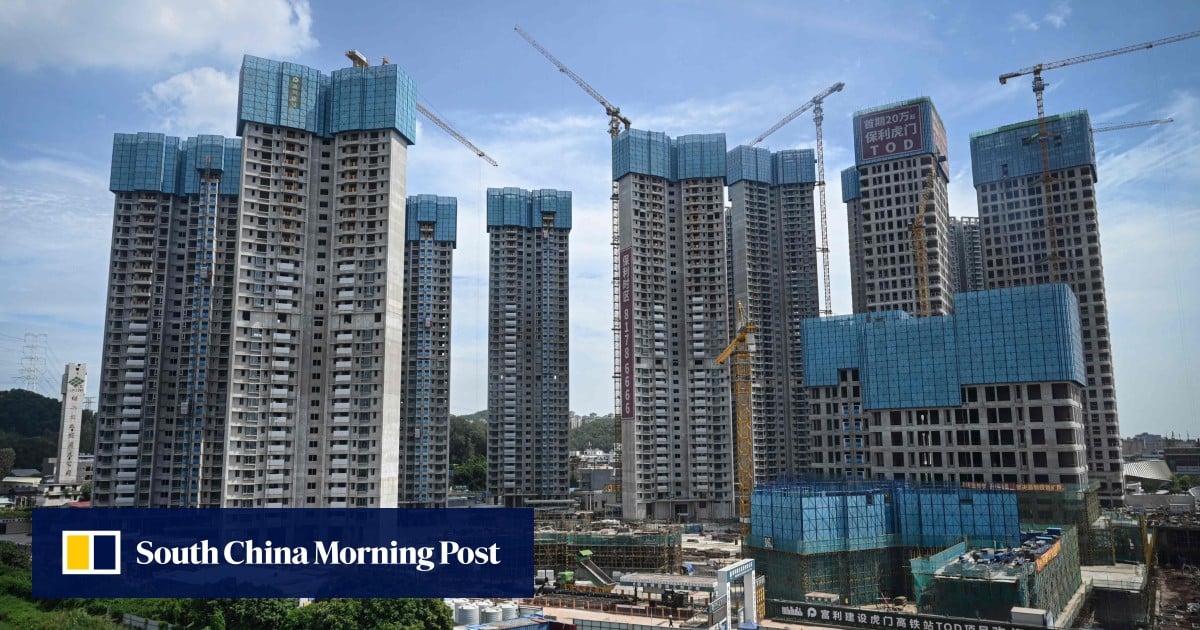Homebuyer confidence remains weak despite stronger policy support for the property market, according to the companies’ leaders, who pledged to marshal their resources carefully and struck cautious tones about any potential recovery in 2024.
State-owned Poly Property reported a nearly 77 per cent year-on-year jump in profit attributable to shareholders to 1.45 billion yuan (US$199.5 million), according to the company’s annual report published on Tuesday. Contracted sales rose 7 per cent to 53.6 billion yuan compared with the previous year.
Net profit for Beijing-based Longfor Group dropped nearly 50 per cent year on year to 12.9 billion yuan as its contracted sales slid 14 per cent to 173.5 billion yuan.

Shanghai-headquartered CIFI Holdings posted a net loss of 9 billion yuan for 2023, 31 per cent narrower than a 13 billion yuan loss in the previous year. Contracted sales dropped 44 per cent year on year to 70 billion yuan.
The results came a day after China Vanke, the country’s second-largest developer by sales last year, posted a net loss of 362 million yuan for the first quarter of 2024, swinging from a net profit of 1.45 billion yuan in the same period last year.
“The supply and demand relationship in the real estate market has [significantly] changed,” said Wan Yuqing, Poly Property’s chairman. “Although policy support continued to be strengthened, the weak demand side of the market still restrained the pace of market recovery.”
The company pledged to pay close attention to sales and collection to maintain cash flow and to achieve the most “accurate placement of limited resources”, Wan said.
“The investment fault tolerance rate of real estate enterprises has been reduced to an extremely low level, and any wrong expansion can be extremely painful,” he said. “The group will place greater emphasis on key indicators, such as cash profit and speed of collection, so as to ensure the safety of shareholders’ funds and the return on investment.”
Hong Kong accounting watchdog to investigate PwC over Evergrande audits
Hong Kong accounting watchdog to investigate PwC over Evergrande audits
Poly Property’s board of directors recommended a final dividend of 8.3 HK cents per share.
“Looking forward, the recovery of the real estate market will still depend on whether the expectations of homebuyers can be restored,” said Lin Zhong, CIFI’s chairman. “There is still room for improvement on policy for both the supply and demand sides.”
If the economy continues to recover and the willingness to purchase homes improves, coupled with progress in urban village redevelopment, sales volume may see slight growth in 2024, Lin said.
“However, given the slow recovery of the sales market, it may be challenging to reverse the downward trend in newly commenced projects and investments across the country,” he added.
Country Garden seeks extension to three onshore bond payments amid cash crunch
Country Garden seeks extension to three onshore bond payments amid cash crunch
The overall economic outlook will determine the fate of the property sector, according to Chen Xuping, Longfor’s chairman.
“The pace of new home sales recovery closely correlates with the improvement of homebuyers’ expectation on income, where short-term adjustments are expected,” Chen said.
Property development and investment property operations contributed more than 60 per cent of Longfor’s core attributable profit, he added.
The developer’s board recommended a final dividend of 0.23 yuan per share.
CIFI shares dropped 4.2 per cent to HK$0.34, Longfor fell 0.7 per cent to HK$11.70, and Poly Property shed 2.8 per cent to HK$1.40 in morning trading.

